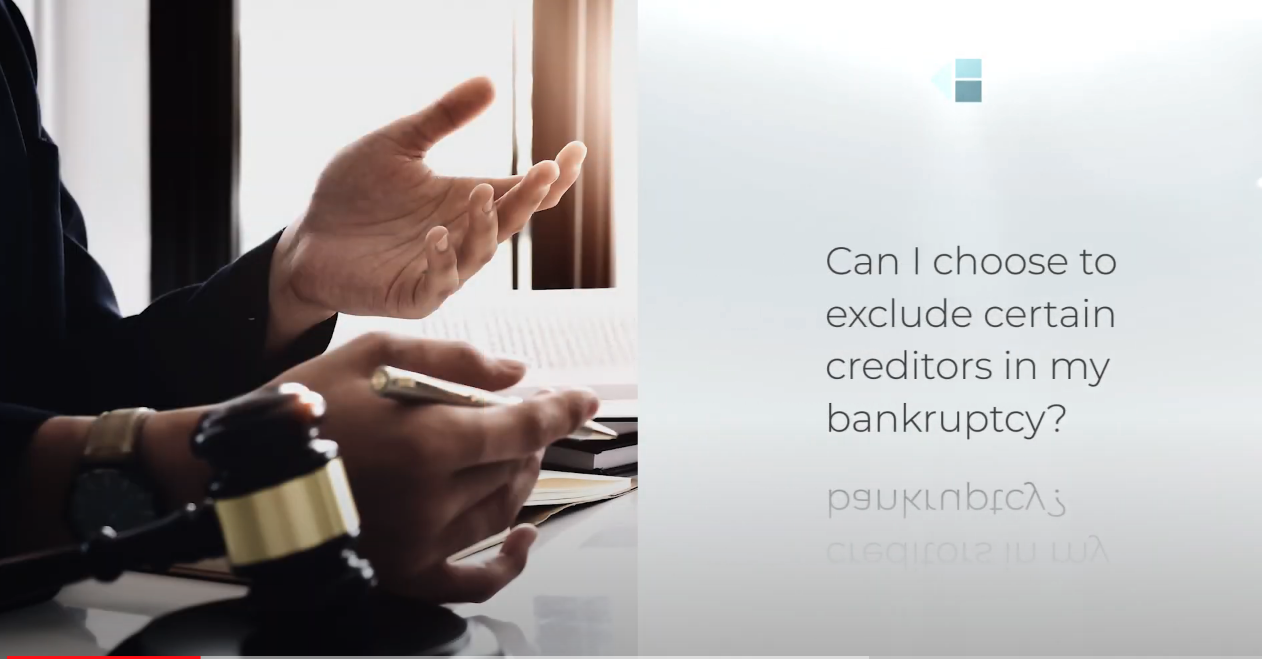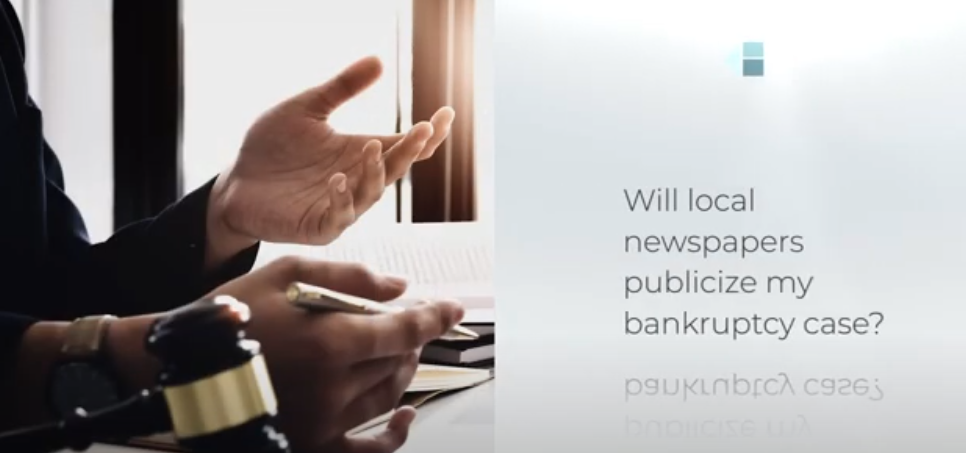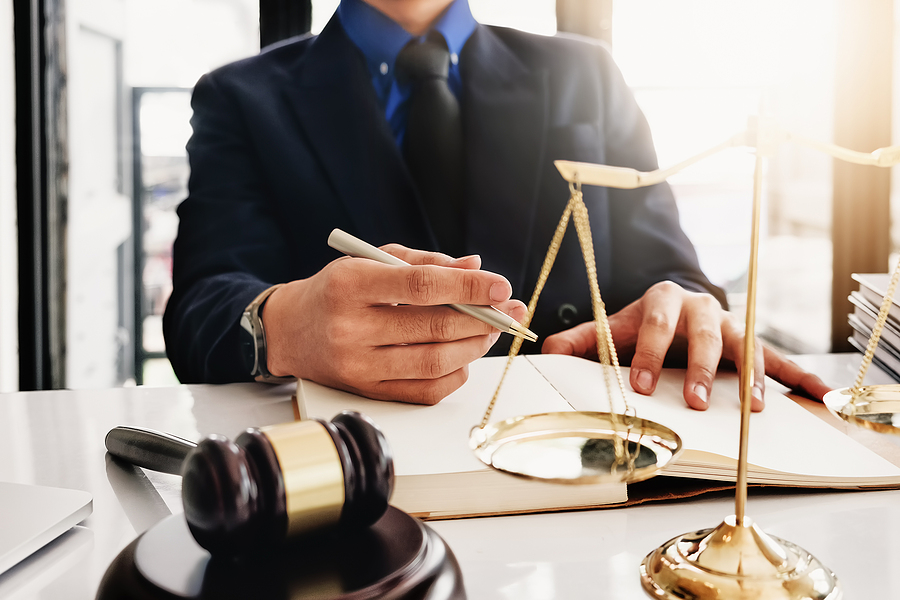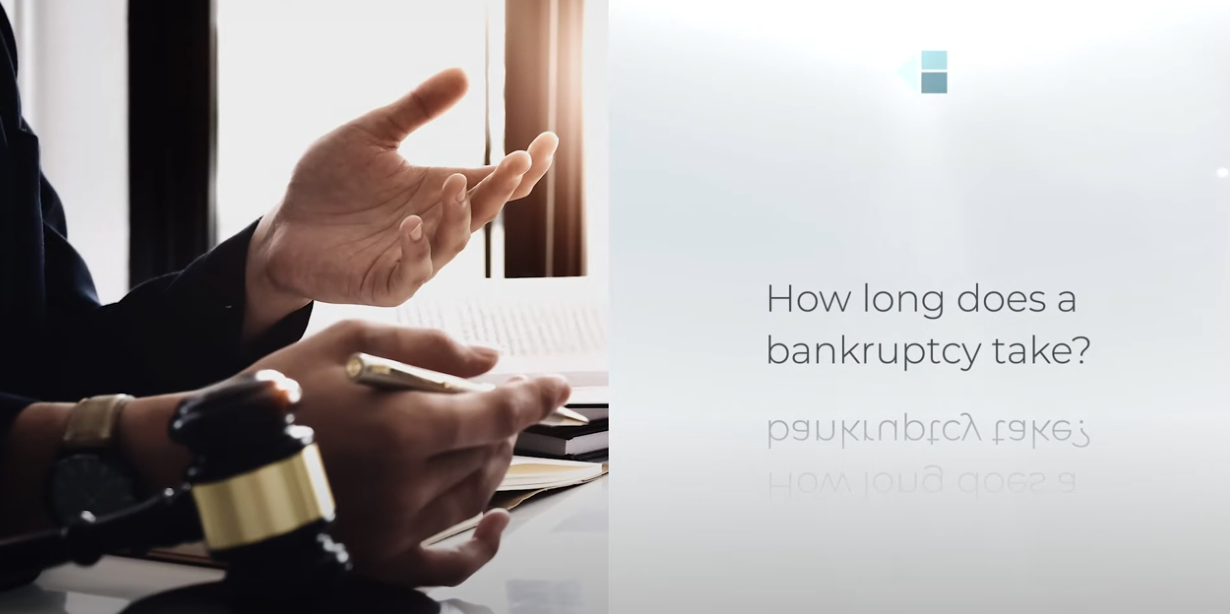In bankruptcy cases, the idea is to pay your creditors enough so that the government can discharge the rest of the debt. However, there are exemptions in the bankruptcy process. For example, you can exempt some of your property from being liquidated to pay debtors if it meets certain criteria. Is it possible to exempt certain creditors in your bankruptcy, too? Here is what Kain + Henehan have to say about excluding creditors in bankruptcy cases and how it affects outcomes.
Transcript:
” No, you don’t have that choice. One of the theories of bankruptcy is that everyone is going to be treated the same. If you’re in a situation where you know you’re going to pay the debt no matter what – by the way, there’s nothing wrong with that. You can pay your creditors after you’ve filed a bankruptcy case, but one of the questions that the trustee will ask you if you file a bankruptcy case when you meet with the trustee is, did you list all of your creditors? That’s literally what it means. The trustee needs to see the complete picture of your finances, how much money you owe and what kind of assets you have. Again, complete disclosure of accurate information is critical to having a successful trip through this process. ”
Discuss Your Case With a Bankruptcy Attorney
To make sure that your case is handled properly and to understand your bankruptcy creditor choices, including excluding creditors in bankruptcy, discuss it with a knowledgeable bankruptcy attorney first. At Kain + Henehan, we work with clients who are ready to find a solution to their financial issues and consider bankruptcy as an option. Let us carefully review your case and tell you how to move forward effectively. Contact Kain + Henehan by calling (612) 438-8006 or filling out the online form today.







